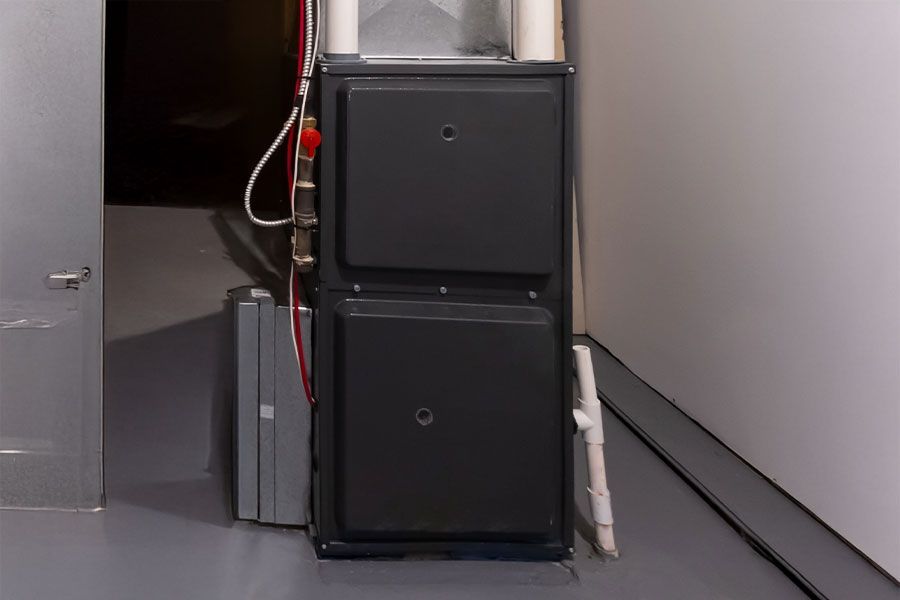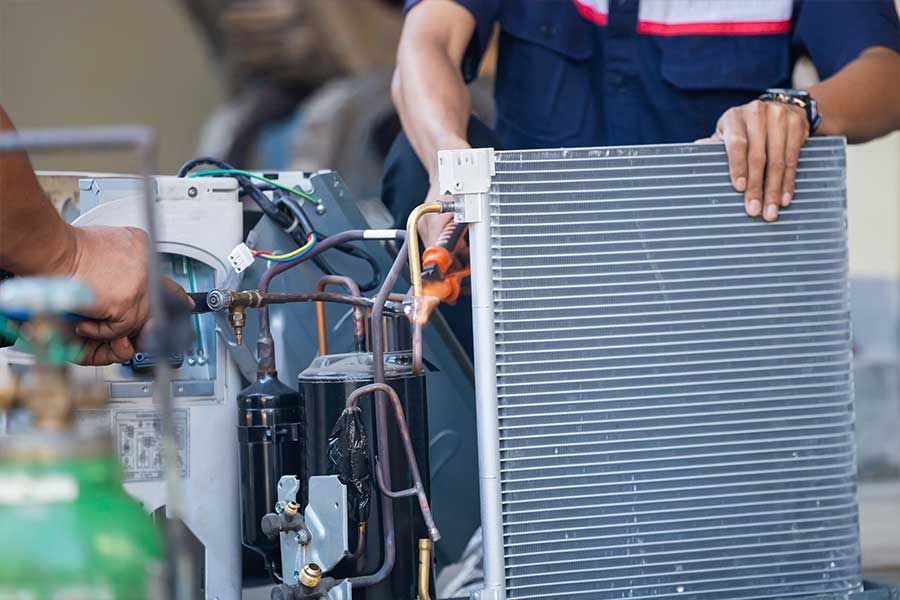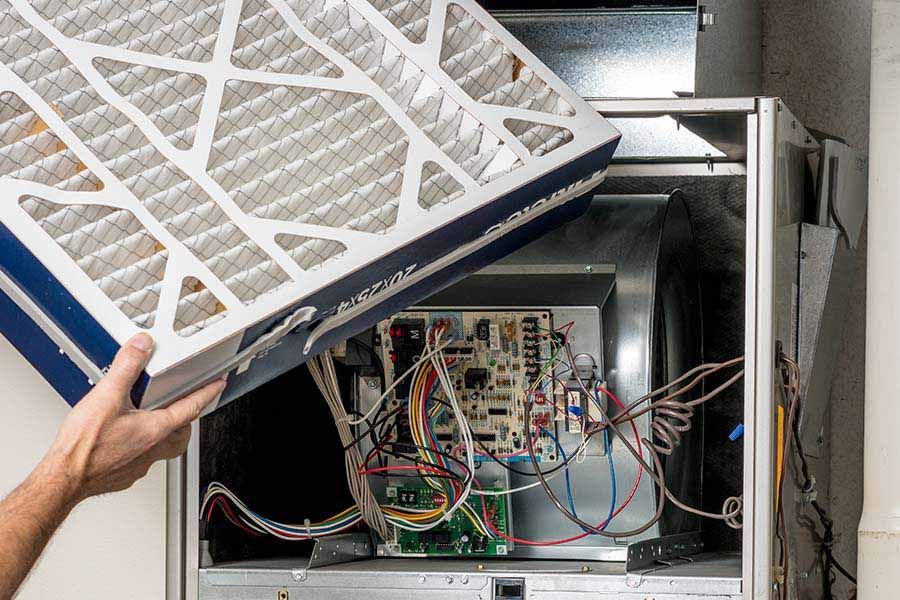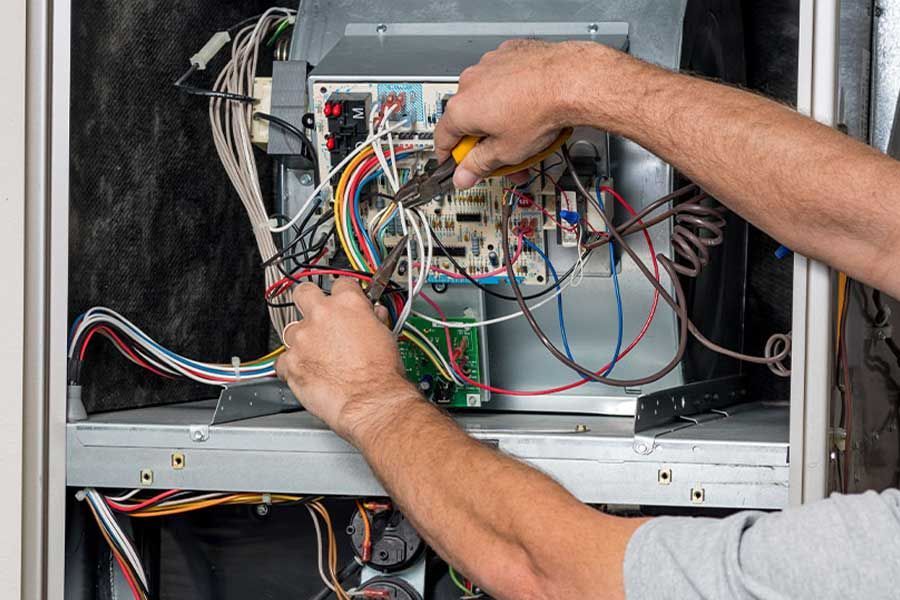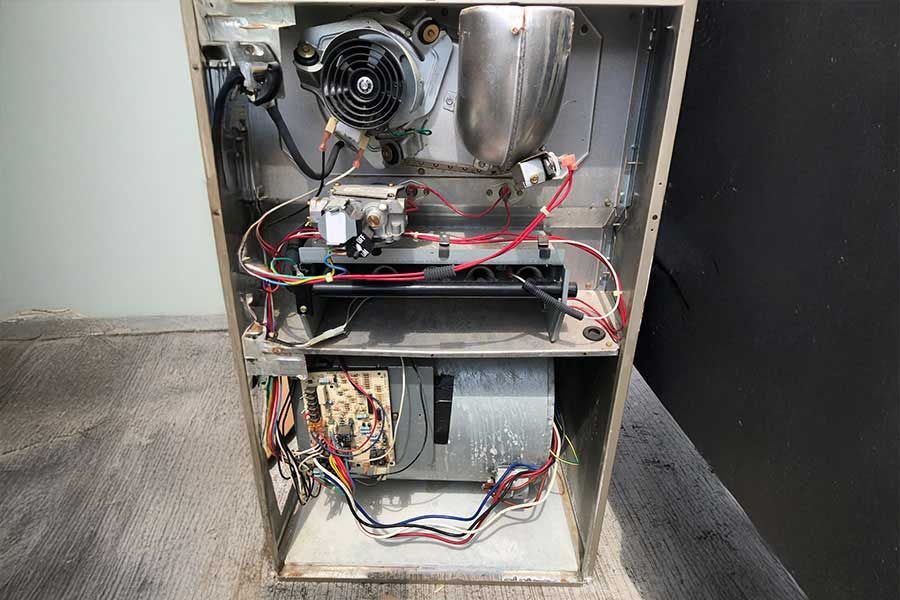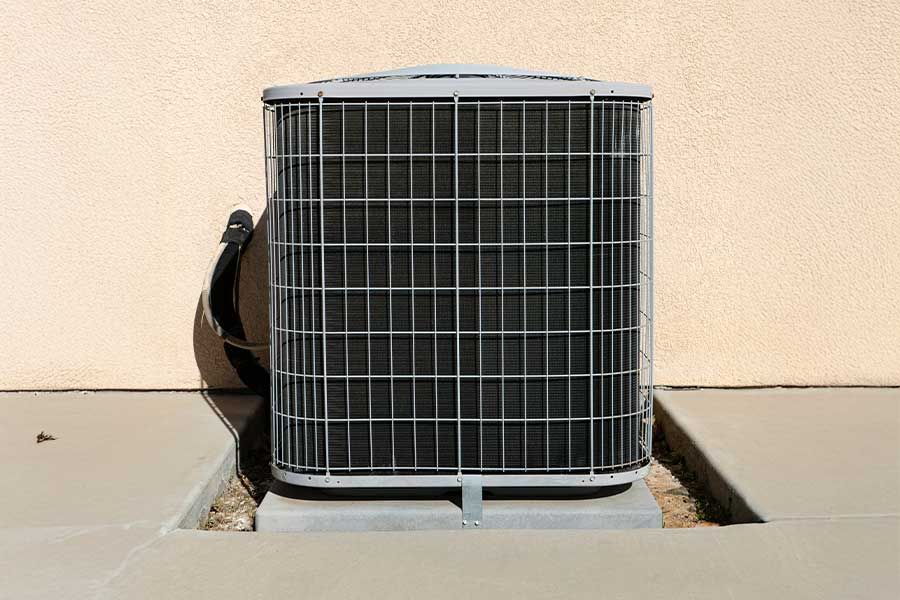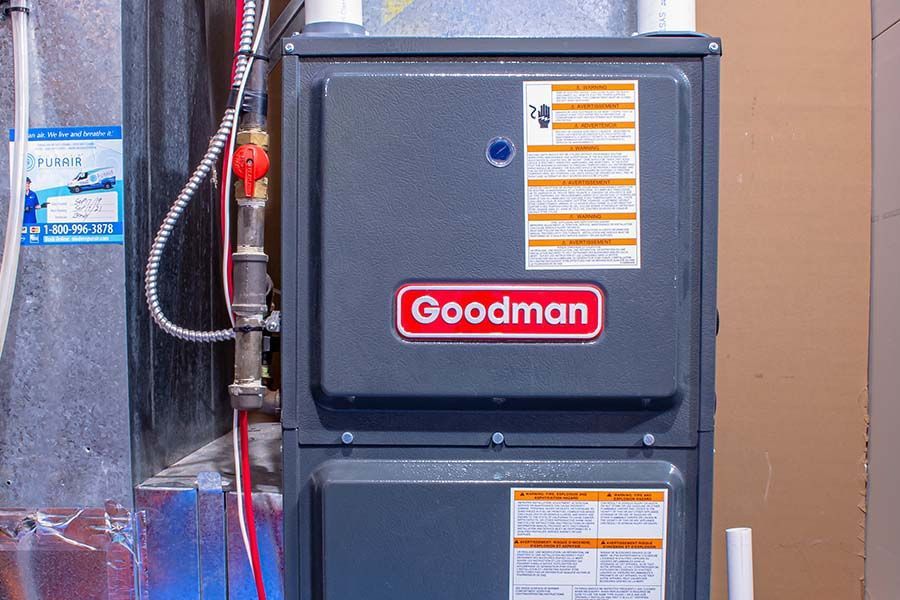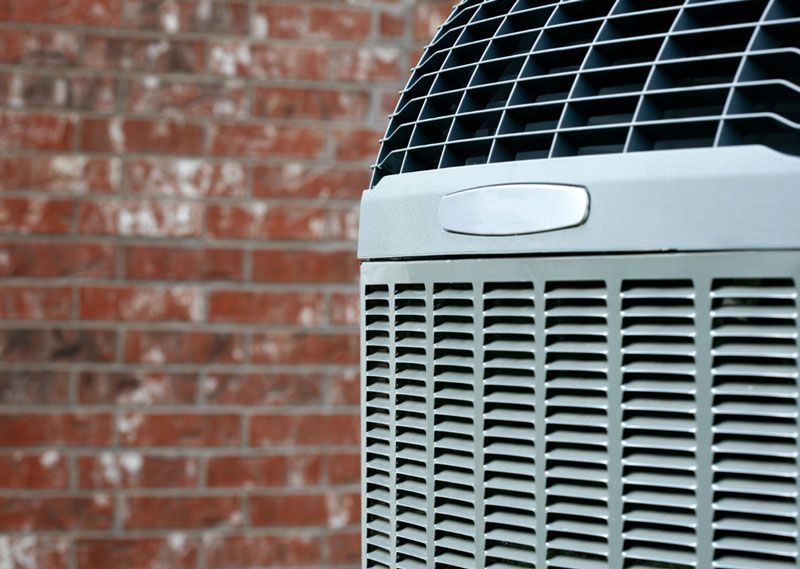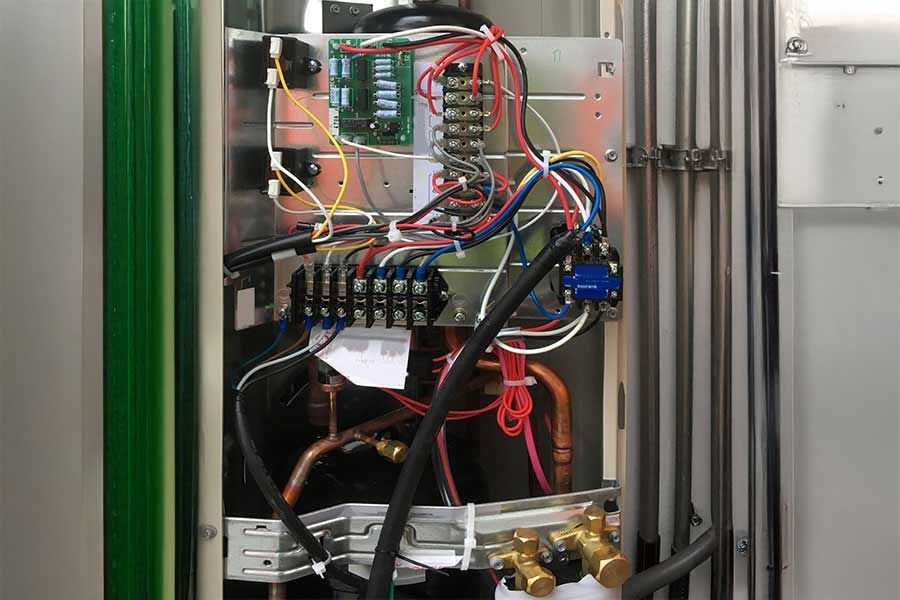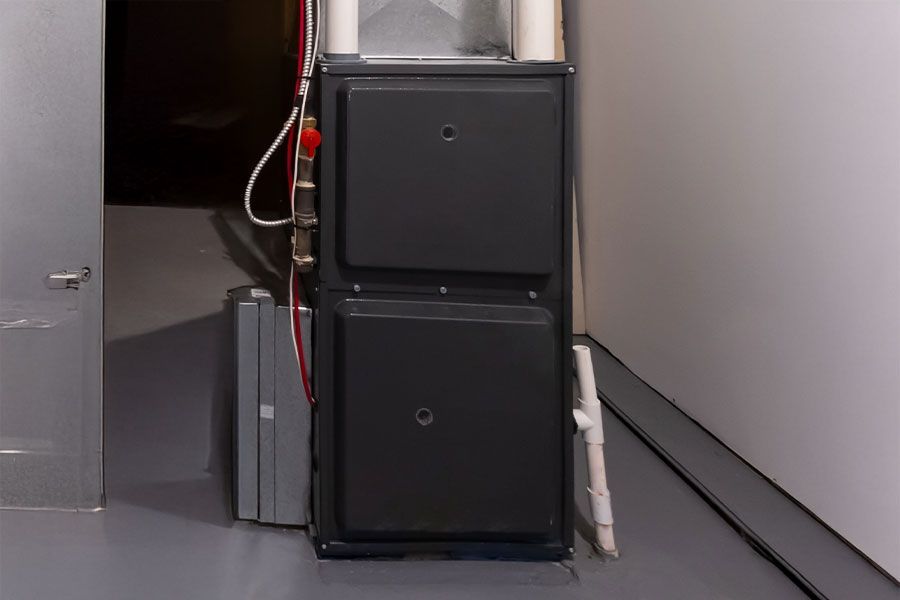Should I Cover My AC Unit in Summer?
The heating and cooling systems in your home keep your family comfortable inside, even during bad weather. However, as homeowners use these devices frequently, especially during extreme weather conditions, it's essential to maintain them properly to prolong their lifespan.
That said, it isn't always easy to determine how to maintain your AC system. These devices are complicated, and it can be challenging to determine how to protect them and extend their lives. So, if you're wondering, "should I cover my AC unit in the summer?" this article will provide some answers.
If you have questions about your home's heating or cooling system, you should always contact a professional. Hickory Heating and Cooling provides rapid and affordable HVAC services to the residents of North Carolina as a trusted Hickory HVAC company. Don't hesitate to contact our team if you have problems with your indoor air quality or temperature.
What is an AC Cover?
To understand the answer to the question "should I cover my AC unit during the summer?" it's essential to understand what an AC cover is. AC covers are essentially anything that covers any portion of the air conditioning unit. AC unit covers are available in different types, with some covering the entire unit and others only covering the upper section of the intake.
The information in this article applies to all types of AC covers on the market. Regardless of the style or material of the cover you're considering, you can use this article to help decide whether an AC cover is right for you. Remember that as the owner of the home and unit, the decision is ultimately yours, regardless of our opinions.
What Purpose Do AC Covers Serve?
The idea behind these covers is to help keep your AC unit clean and running smoothly. In addition, these covers advertise themselves as an effective way to prevent the air intake of your air conditioner from sucking in debris and dirt. Considering that AC units are outside, homeowners often worry about falling leaves or other yard debris getting caught in the blades of the device's fan.
Another reason these covers are popular on the market is that many homeowners are concerned about water entering their AC system. This concern seems reasonable, but manufacturers design these units with outdoor use in mind, so they are relatively resilient against both moisture and the elements.
There are multiple factors homeowners should consider when deciding "should I cover my AC unit in the summer?". Although these covers seem practical, you may be surprised to discover that they come with significant downsides, so keep reading to find out more.
Problems With Using AC Covers
It may seem reasonable to use AC covers to protect your air conditioning system, but they cause damage over time for several reasons. The first problem with these units is they can trap moisture in the condenser coils inside the unit itself. If water is present in a ventilation system, mold and mildew can flourish.
In addition to causing unpleasant odors throughout the house, mold can also pose health hazards. The covers can also create an inviting environment for pests and other insects or animals to build a nest, creating more stress for homeowners. As a result, most homeowners should not invest in these covers.
How to Maintain Your AC System
It may not be a good idea to cover your air conditioner, but there are still several things you can do to ensure it runs at its best and extend its life. By practicing proper preventative maintenance, homeowners can save thousands on repair costs.
Maintaining the cleanliness of the unit and system is the most integral part of air conditioner maintenance. Covering your AC unit may not be best, but regular cleaning is vital to keep it in good working order. If you notice a decrease in performance or air quality, cleaning or changing the filters in the HVAC system is a great place to start.
Despite being highly durable, mechanical components in HVAC systems still wear out over time. For example, the temperature control system may have difficulty maintaining the desired temperature if your motor or pump fails. As a result, the system draws more power, increasing energy bills for homeowners.
Maintaining your air conditioner is vital to prolonging its life, but most homeowners cannot handle it themselves. It is dangerous for homeowners to handle these systems because of the wiring and electrical components they contain. A professional air conditioning company can help homeowners save money on repairs and energy bills while maintaining comfort during the summer.
Get Premier AC Services Today
If you are dealing with a device as complex and vital as an air conditioner, calling a professional is the wisest choice. Hickory Heating and Cooling proudly serves North Carolina residents with heating and air conditioning repairs and installations. We strive to make choosing an HVAC company easy for members of our community with our premium service and competitive pricing.
At Hickory Heating and Cooling, our mission is to provide residential and commercial clients with exceptional heating and cooling systems. Whether your air conditioner is entirely faulty or just less efficient than it should be, Hickory Heating and Cooling can rapidly and affordably diagnose the issue and conduct repairs.
Our team can help you find and install an air conditioner for your home or business. We have installed hundreds of air conditioners in North Carolina, so we know how to walk our clients through the selection and installation process. Tolearn about these summer HVAC tips, please look around our website or call us.
Knowing the answer to "should I cover my AC in the summer?" will help you make more effective decisions about how to protect your home AC system. You can rely on Hickory Heating and Cooling to provide you with high-quality air conditioning services in North Carolina. You can schedule an appointment with Hickory Heating and Cooling to discuss your air conditioning issues or routine maintenance by calling
828-679-1067
today.
